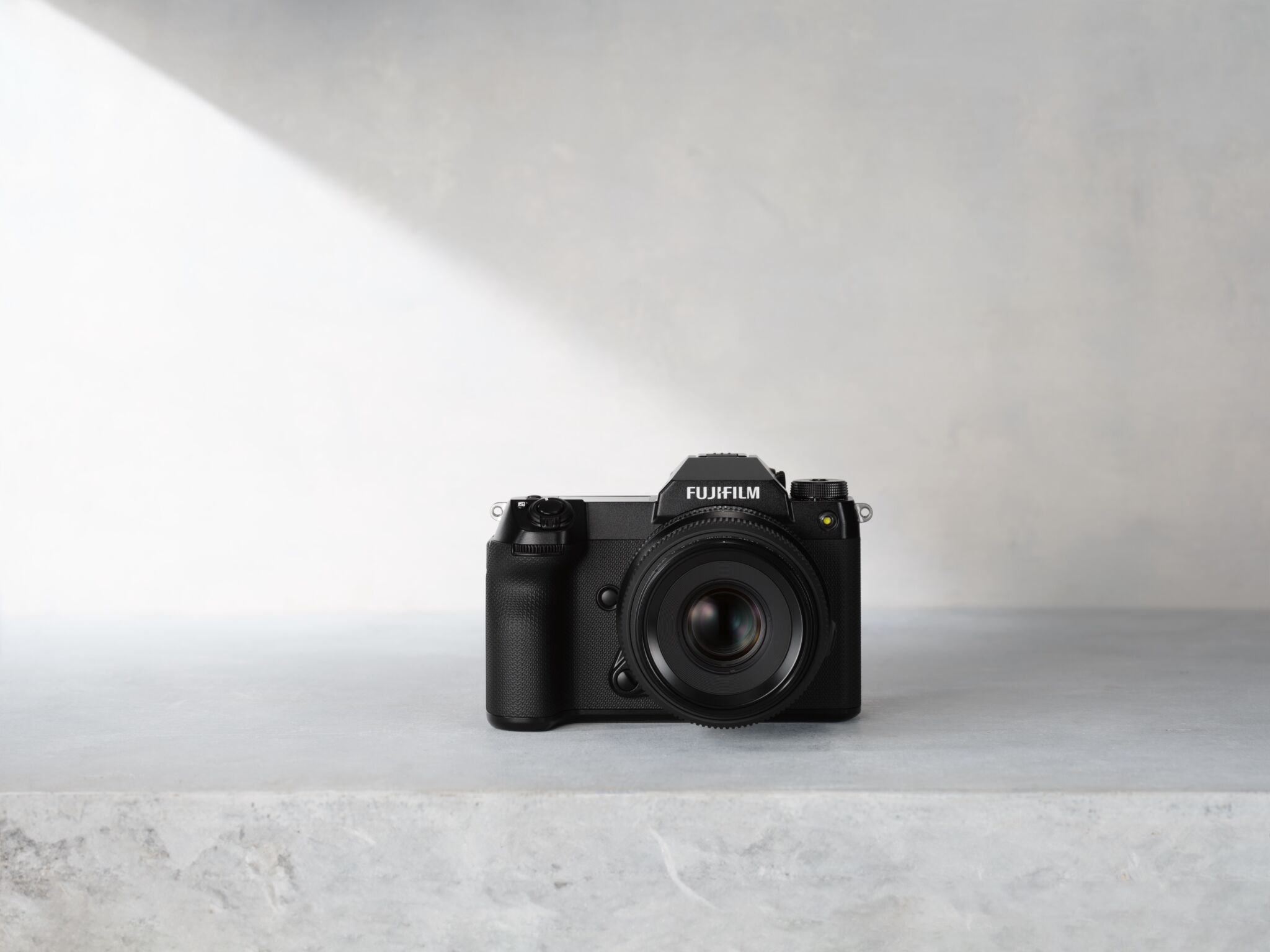The GFX100S II is the latest medium-format camera in the Fujifilm GFX range. It offers a lightweight design, powerful image stabilization and fast, high-precision autofocus. Find out what’s new in the GFX100S II, and how it compares with the GFX100 II and GFX100 S.
The X2D 100C, successor to the X1D II 50C, was released in September 2022. With this new camera, Hasselblad has extended its range of high-end medium-format cameras.
Indeed, the Hasselblad brand is highly appreciated by photographers for its high-performance, elegant cameras. In addition to its technical expertise, especially in medium format, the Swedish brand attracts attention for the design quality of its cameras.
Featuring a 100-megapixel backlit sensor, hybrid phase-detection autofocus, integrated image stabilization and a 15-level dynamic range with 16-bit color, the X2D 100C has become Hasselblad’s flagship medium-format mirrorless camera.
In this article, discover our review of the Hasselblad X2D 100C, the camera’s features and technical capabilities, as well as its strengths and weaknesses.
Table of contents
Hasselblad X2D 100C, successor to the X1D II 50C
The Hasselblad X1D II 50C, released in 2019, was already a high-performance medium-format hybrid camera. With its 50-megapixel sensor and 14-stop dynamic range, it offered excellent image quality.
It did, however, have a few limitations. Its contrast-detection autofocus was slow and imprecise, and the camera took a long time to start up.
Despite these shortcomings, the X1D II 50C was an important step forward for Hasselblad’s medium-format hybrids, thanks to its compact design and ergonomics.
Almost 8 years later, Hasselblad presents its successor, the X2D 100C. With this new camera, they have corrected its shortcomings while retaining the qualities of the X1D II 50C, offering a much better user experience.
-
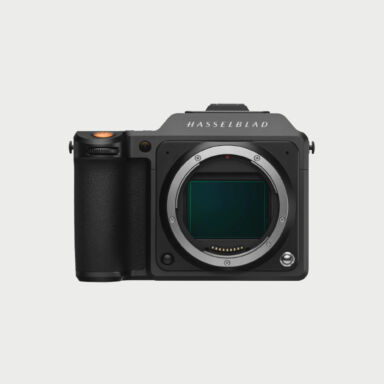
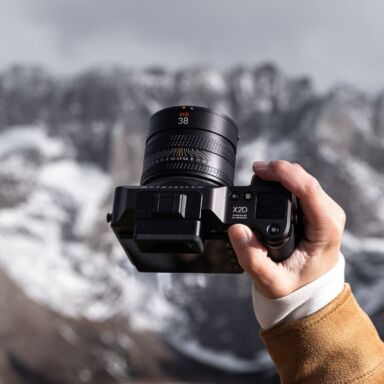
1. Features of the X2D 100C
A 100-megapixel sensor
At the heart of the camera is a 100-megapixel BSI medium-format sensor, equipped with hybrid autofocus capabilities based on phase and contrast.
The Hasselblad X2D 100C sensor measures 44 x 33 mm. This size, significantly larger than that of APS-C sensors, delivers better image quality and a wider dynamic range.
The sensor format of the medium-format body is an asset: it enables us to obtain high-quality images with a high level of detail and a much better dynamic range than full-frame bodies. All this in a relatively compact body.
The sensor features 294 phase-detection autofocus points (PDAF) to guarantee fast, precise focusing, which it can use in tandem with contrast-based algorithms.
The camera can record in both RAW and JPEG formats, the former having an average size of around 206 megabytes. The X2D 100C can record up to 3.3 frames per second in 14-bit color, but slows down when set to 16-bit color capture.
The X2D 100C's sensor offers an excellent compromise between compactness and performance.IBIS and Electronic Viewfinder
Perhaps most impressive of all is the in-camera image stabilization.
Hasselblad has designed a five-axis in-camera image stabilization system (IBIS), capable of stabilizing the image on seven levels and allowing the camera to be hand-held, even in low-light conditions, while maintaining accurate focus.
The X2D 100C uses a 0.5-inch OLED electronic viewfinder with 5.76 million dots, 1.00x magnification and a refresh rate of 60 frames per second.
Hasselblad points out that the electronic viewfinder supports electrical correction of refractive error, guaranteeing sharpness and brightness across the entire screen surface, from corner to corner.
Tips : At the time of its release, the X2D 100C lacked autofocus tracking, which was a serious weakness. With the long-awaited Hasselblad firmware version 3.1.0, face detection focusing is now available.
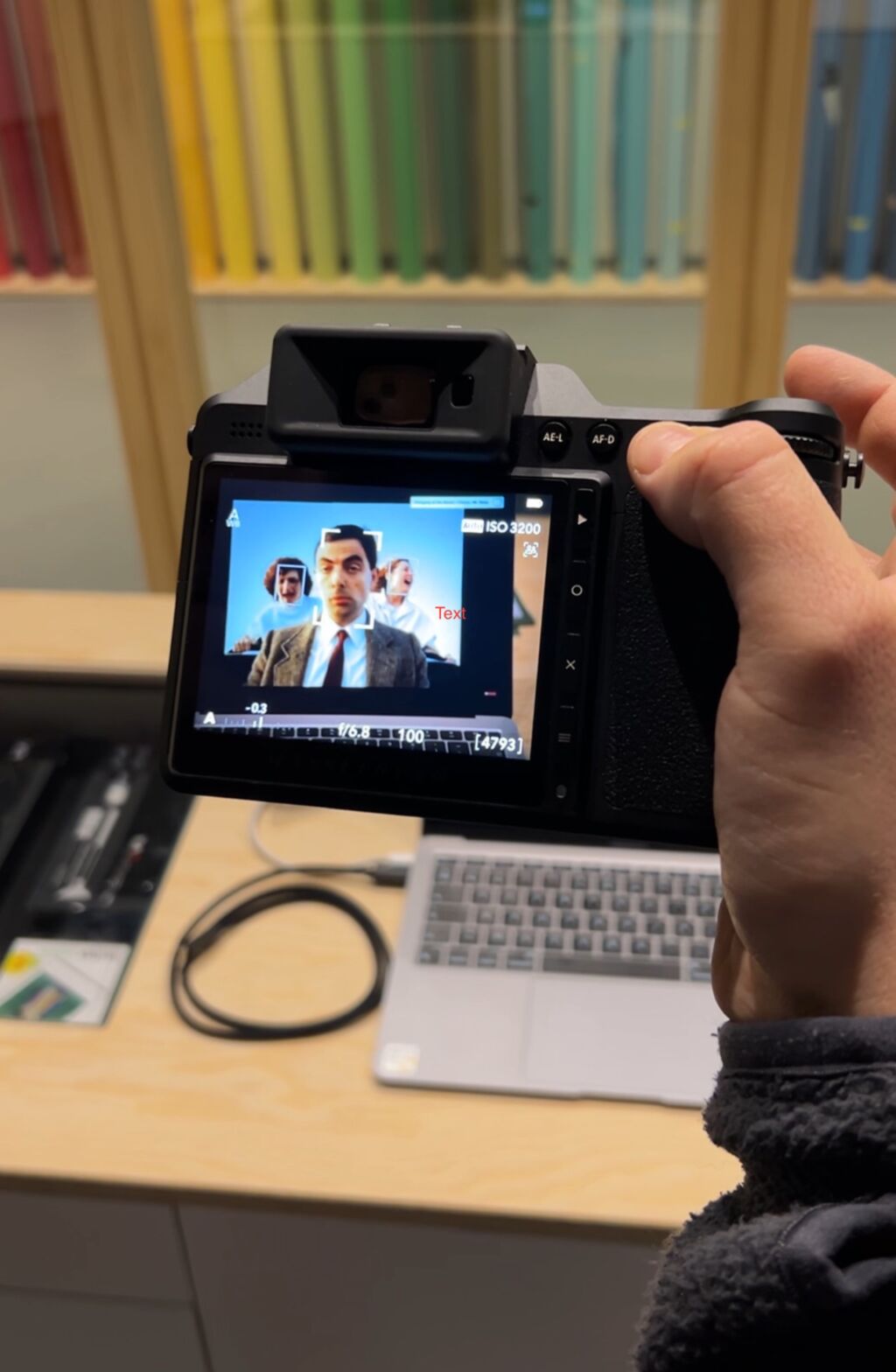
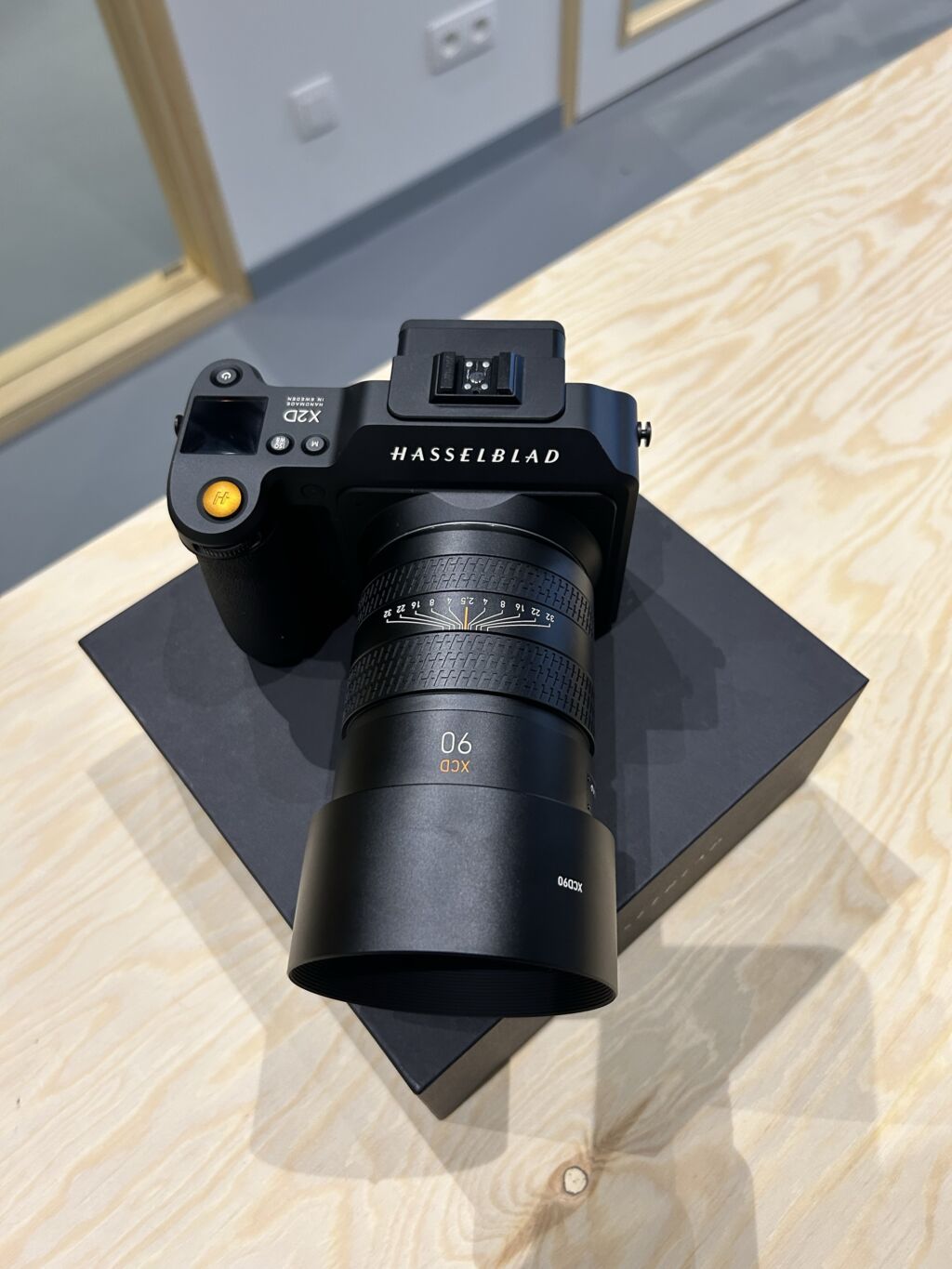
LCD display
The Hasselblad X2D 100C features a 1.08-inch color LCD screen on the top of the camera, displaying current settings.
At the rear, a 3.6-inch touchscreen with 2.35 megapixel resolution features an intuitive user interface, which has proved its worth on previous X-series models.
This touchscreen interface is one of the X2D 100C’s main assets, making it easy for users to navigate and customize settings.
The screen can be rotated to suit different shooting needs, but as only two fairly close levels are available, their interest is ultimately rather limited.
Tips : The user interface is easy to use. Swipe the touchscreen or press custom shortcut buttons for quick and easy access to the functions you use most.
ISO sensitivity
The sensor offers a native sensitivity of ISO 64 to 6400, extendable to ISO 25,600. Images are of high quality, and the first signs of digital noise only appear at ISO 1600 in RAW files, and even then, it’s barely perceptible.
Noise becomes slightly more visible at ISO 3200, and at ISO 6400 it becomes more pronounced. At ISO 12,800, noise is significant, and it’s difficult to correct images taken at this maximum sensitivity.
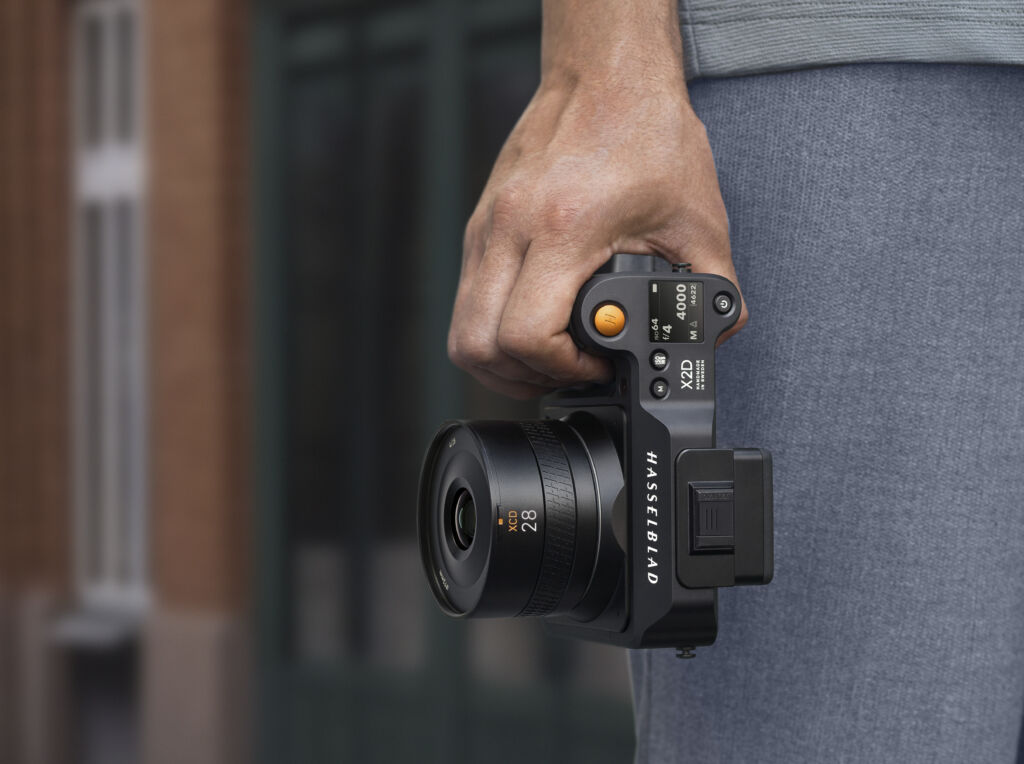
Lens shutter speed
Hasselblad uses a leaf shutter, which is not built into the camera but into its lenses. Maximum shutter speed is therefore determined by the lens mounted on the camera.
The X2D 100C is compatible with all XCD mount lenses and some H-system lenses.
For example, the new wide-angle lens, the XCD 25V, has a maximum shutter speed of 1/4000 s, while the XCD 38V has a maximum shutter speed of 1/2000 s.
Tips : The leaf shutter is designed to synchronize with a flash at any shutter speed (max 1/4000S), considerably expanding the possibilities for studio lighting.
-
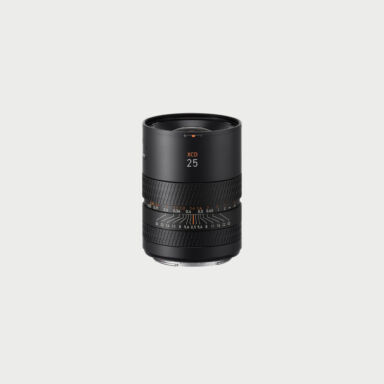
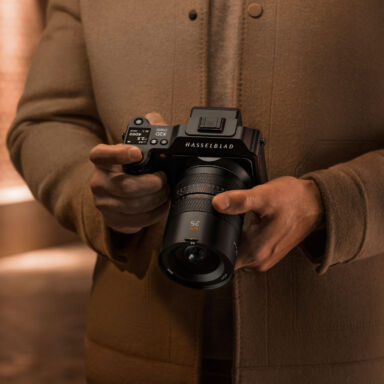 In stock4.199,00 €Add to cart
In stock4.199,00 €Add to cart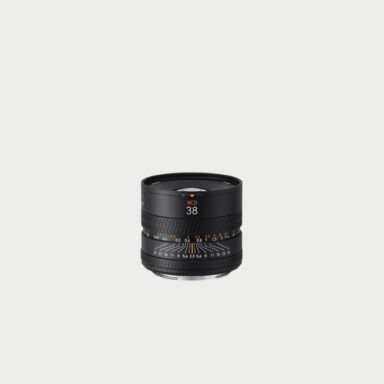
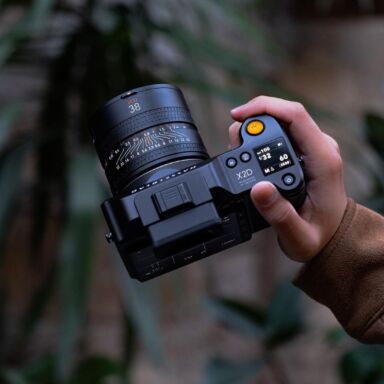
2. Special features of the X2D 100C
The major differences between the X2D and all other cameras on the market are that it has no video recording function and is equipped with a built-in 1 TB SSD hard disk. It also accepts CFexpress type B cards, but you don’t need one to use the camera.
Hasselblad has also considerably simplified the X2D’s inputs/outputs, and apart from the single memory card slot, it features just one battery compartment and a single USB-C port.
The battery is CIPA-rated for up to 420 shots and supports PD 3.0 fast charging.
Tips : Taking into account the usual uncertainty of CIPA ratings for mirrorless cameras, it’s likely that the battery will last much longer than advertised.
The X2D 100C has no video function and a built-in 1TB SSD hard drive.3. Ergonomics and handling of the X2D 100C
With its dimensions of 48.5 x 74.5 x 106 mm and weight of 895 g, the X2D 100C is a compact and lightweight medium-format camera, far more so than its Fujifilm rival, the GFX 100 II.
With its sleek, elegant design, the X2D 100C aims to be both easy to use and expert. This is achieved through a very high-end camera design.
The shutter release stands out from the rest of the body with its orange color bearing the brand logo. The camera offers several control options. For example, the rear click wheel activates the magnifier.
A button on the right of the mount on the front of the camera lets you toggle between autofocus and manual focus without using the screen or lens.
Once again, the X2D 100C has been designed to offer a highly intuitive user experience.
4. Price and availability
The X2D 100C hybrid camera is available for 8699€. You can order it now from 50.8 Shop.
The X2D 100C is a top-of-the-range camera, renowned for its exceptional quality and advanced performance, which explains its slightly higher price compared with other cameras.
Order your X2D 100C
-


5. The Pros & Cons of the X2D 100C
Pros & Cons- Compact
- Body design
- USB charging
- 1TB internal storage
- Intuitive touch navigation
- High-definition sensor
- High image quality
- Flash sync up to 1/4000s
- No video mode
- No auto-focus tracking (now available with updated firmware)
- No high-resolution mode
6. Technical specifications
Specifications X2D 100C Sensor type Backlit CMOS (BSI), 100 megapixels Sensor dimensions 43,8 x 32,9 mm Color definition 16-bit; dynamic range up to 15 f-stops IBIS 5-axis, 7-level in-camera image stabilization (IBIS) ISO sensitivity range ISO Auto, 64, 100, 200, 400, 800, 1 600, 3 200, 6 400, 12 800, 25 600 Storage options Integrated 1 TB SSD Additional CFexpress type B card with maximum 512 GB storage capacity supported
Color management Hasselblad Natural Color Solution (HNCS) Shooting speed 3.3 fps with 14-bit color depth Touch screen 3.6-inch TFT type, 24-bit color (2.36 million dots) Touch functionality
Tilting angle: 40°, 70°
EVF electronic viewfinder OLED, 5.76 million dots Shutter speed 68 min at 1/4,000 sec. with XCD lenses Up to 1/800 or 1/2,000 sec. with HC/HCD lenses
Electronic shutter 68 min to 1/6,000 sec
Sync Flash speed Flash usable at all shutter speeds (mechanical shutter only) Autofocus Hasselblad firmware version 3.1.0 Dimensions 148,5 x 106 x 74,5 mm Weight 895 g (camera body with battery) The Hasselblad range
-

 On order8.699,00 €
On order8.699,00 €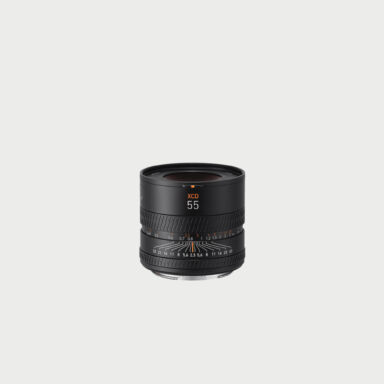
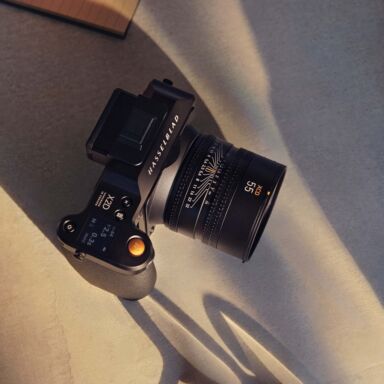 In stock4.199,00 €
In stock4.199,00 €
 In stock4.199,00 €
In stock4.199,00 €
 In stock4.199,00 €
In stock4.199,00 €More tips & reviews
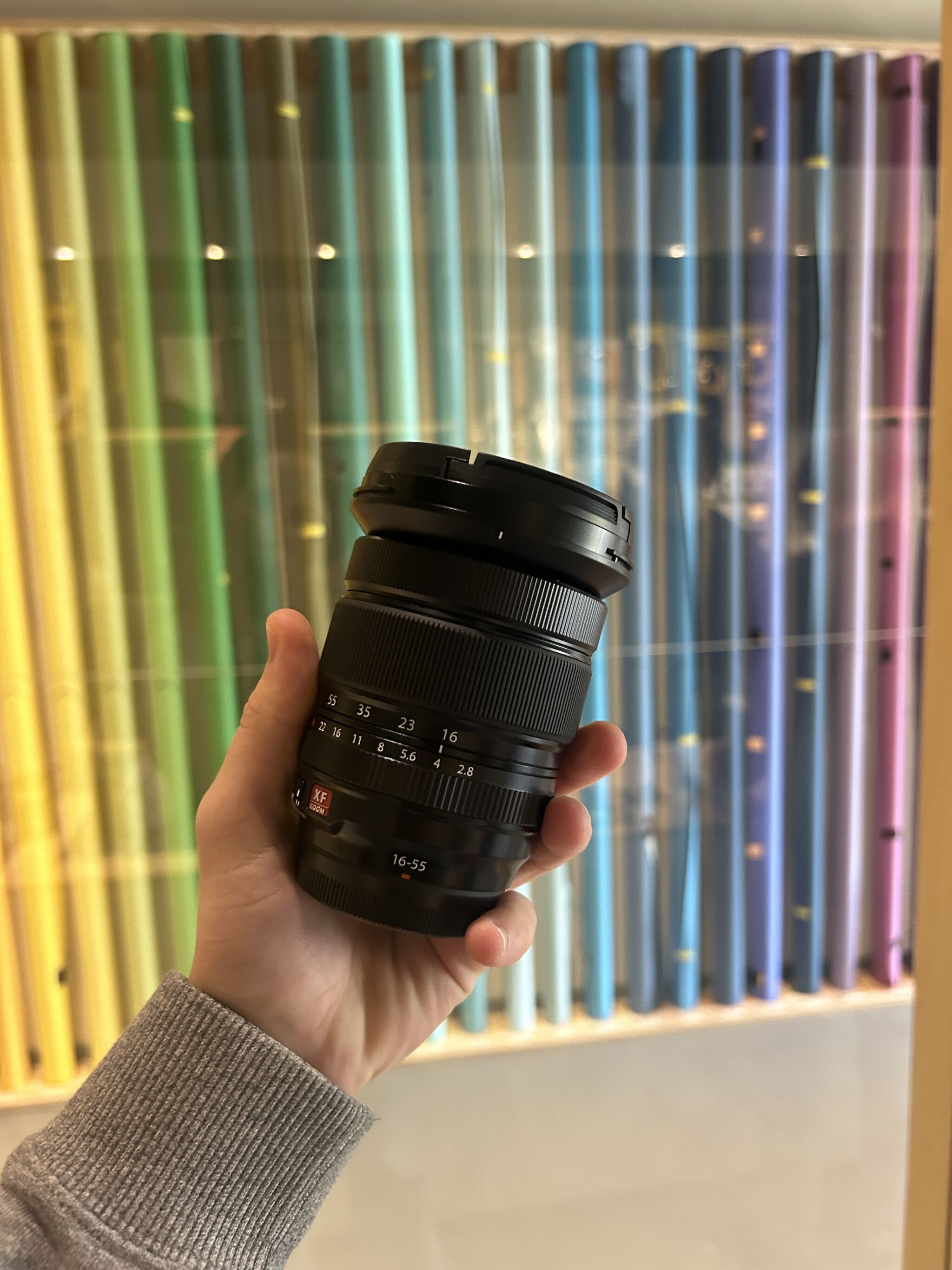
XF 16-55mm F/2.8 R LM WR II: Fujifilm’s new standard lens
Discover the new XF 16-55mm f/2.8 R LM WR II lens from Fujifilm. Successor to the XF 16-55mm F/2.8 R LM WR, Fujifilm presents this new lens with an improved optical formula and a more compact, lightweight design. Explore all its new features.
Last edit on 14.04.25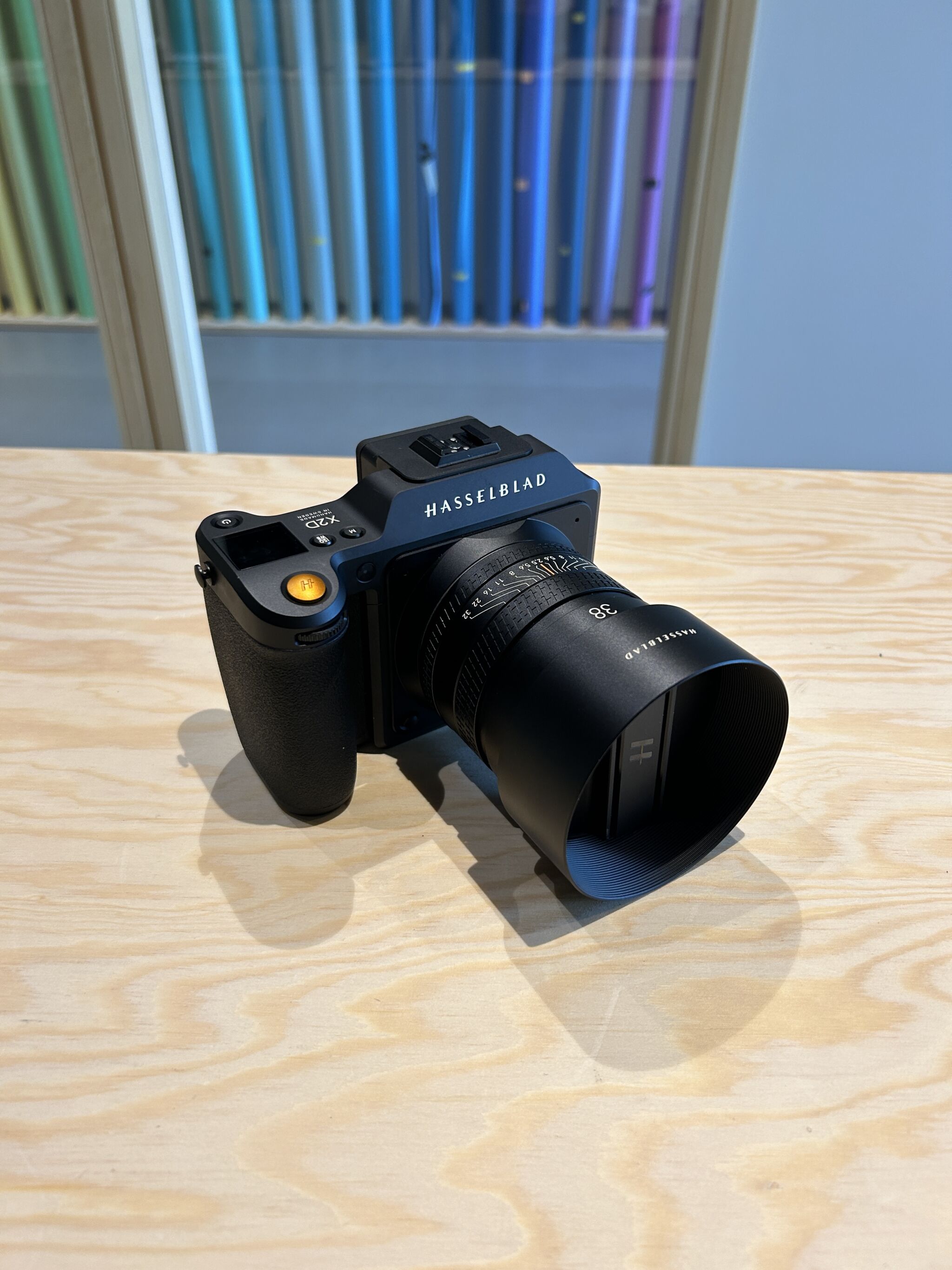
Comparison X2D vs 907X: Which Hasselblad camera is best for me?
If you are looking for a Hasselblad camera, you have the choice between the X2D 100C and the 907X 100C. Both cameras share common features but also have their own strengths. In this article, we dive into a detailed comparison of the X2D 100C and the 907X 100C to help you determine which Hasselblad camera is best for you!
Last edit on 14.04.25Subscribe to our newsletter and get a discountSign up now- Keep in touch on instagram
- Keep in touch on instagram
- Keep in touch on instagram
- Keep in touch on instagram
- Keep in touch on instagram
- Keep in touch on instagram
- Keep in touch on instagram
- Keep in touch on instagram
- Keep in touch on instagram
- Keep in touch on instagram
50.8 Shop • All rights reserved, 2025 • Made with 🍟 in BelgiumTerms & Privacy Policy Cookie preferences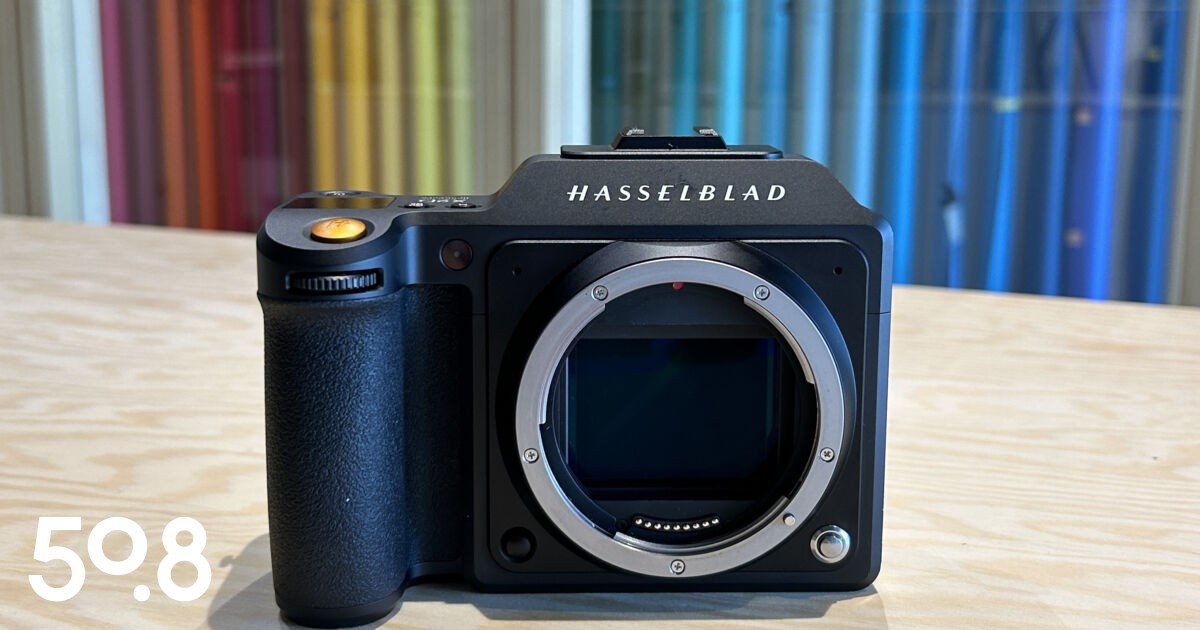
Subscribe and get a discount*
Benefit from exclusive offers, inspiring stories and a welcome voucher when you subscribe.
By registering, you agree to receive electronic communications from 50.8 and our Terms & Privacy Policy. *Offer is valid for minimum order of 150€
-
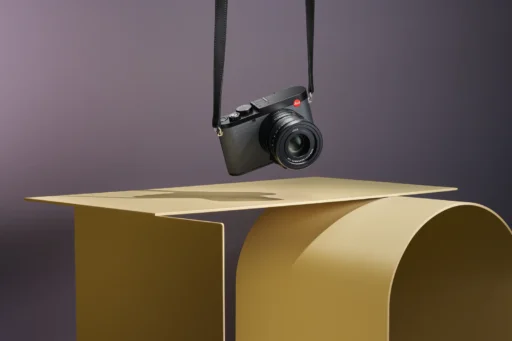


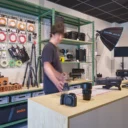
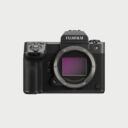 Photo
Photo 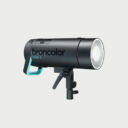 Lighting
Lighting 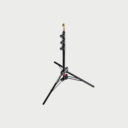 Tripods & Grip
Tripods & Grip  Digital
Digital  Bags & Cases
Bags & Cases 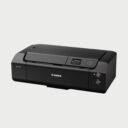 Printing
Printing 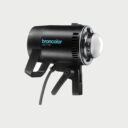 Continous lights
Continous lights 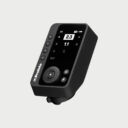 Transmitters
Transmitters 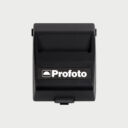 Accessories & Parts
Accessories & Parts 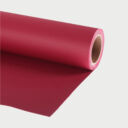 Accessories tripods & grips
Accessories tripods & grips 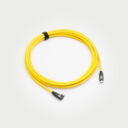 Cables & Tether
Cables & Tether 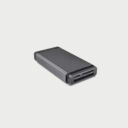 Hub & Adaptaters
Hub & Adaptaters 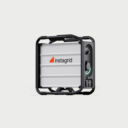 Portable power stations
Portable power stations 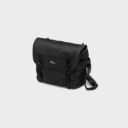 Sling bags
Sling bags 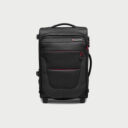 Rolling bags
Rolling bags 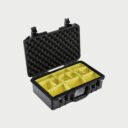 Hard cases
Hard cases 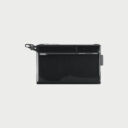 Organizers & Pouches
Organizers & Pouches 